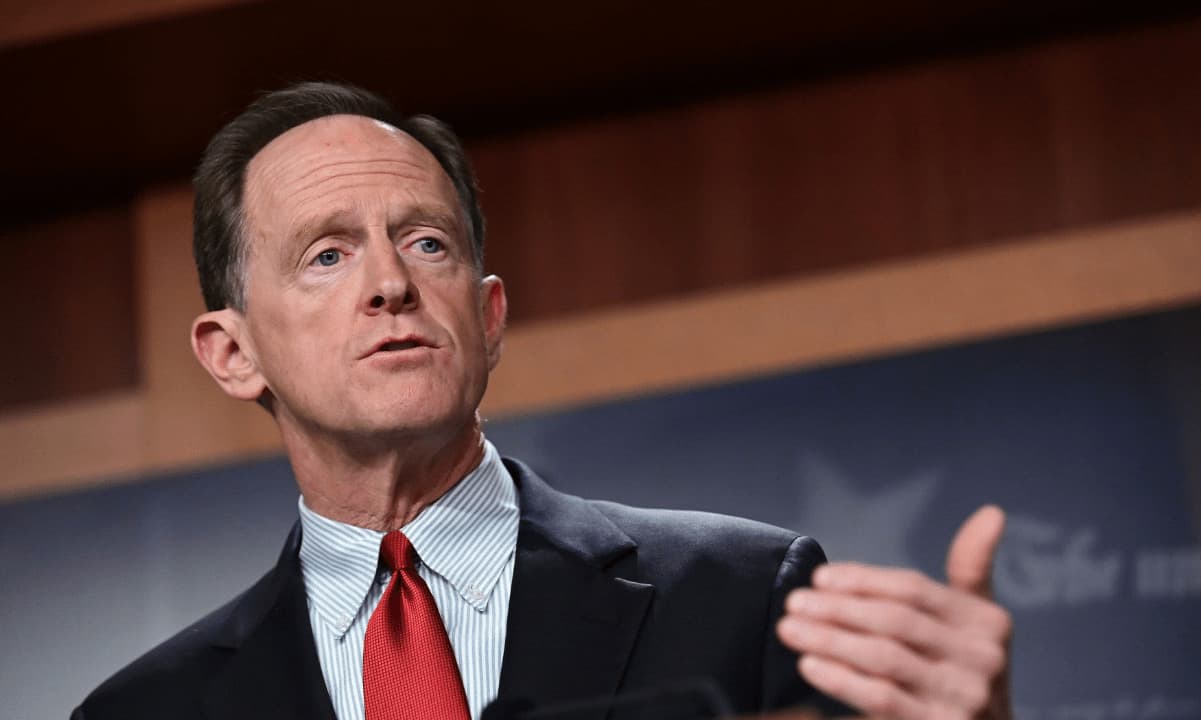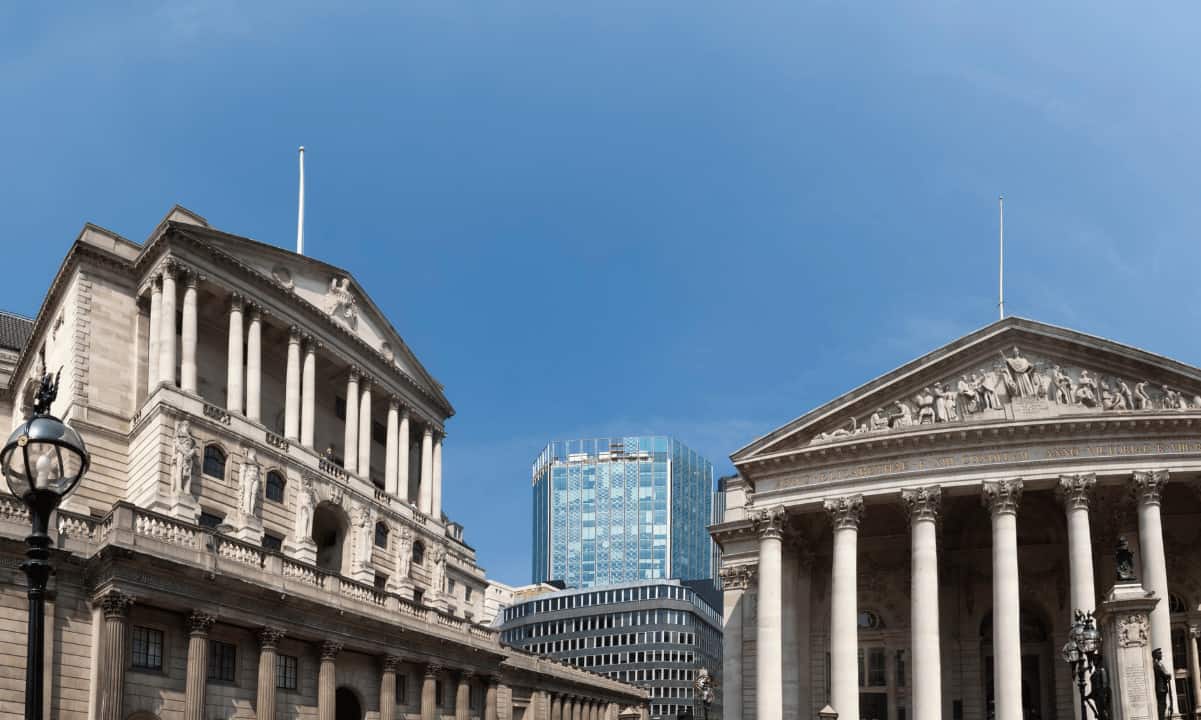Bukele Lashes Out After US Senators Introduce Legislation Investigating El Salvador’s Bitcoin Law
“We are not your colony, your back yard, or your front yard. Stay out of our internal affairs.” This is what El Salvador’s President Nayib Bukele tweeted after US Senators introduced new legislation that sought to investigate the Central American country’s Bitcoin Law.
El Salvador President Reaction on US Interference
Since El Salvador’s government passed the Bitcoin Law in 2021, policymakers around the world, as well as some of the most prominent financial institutions, have expressed strong opposition. The latest proposal by the bipartisan group of senators – Republican Senators Jim Risch and Bill Cassidy with Democratic Senator Bob Menendez – did not go well with President Bukele, who lashed out on the interference.
He said that the US has zero jurisdiction on a sovereign and independent nation and asked the Senators to “stay out of the internal affairs” of the country jurisdictions and went on to add,
OK boomers…
You have 0 jurisdiction on a sovereign and independent nation.
We are not your colony, your back yard or your front yard.
Stay out of our internal affairs.
Don’t try to control something you can’t control
https://t.co/pkejw6dtYn— Nayib Bukele
(@nayibbukele) February 16, 2022
Risch believes El Salvador’s adoption of Bitcoin as legal tender raises significant concerns regarding the economic stability and financial integrity of what he termed a “vulnerable US trading partner” in the Central American region.
The Senator said El Salvador’s new policy has the “potential to weaken” sanction policies put in place by the US, thereby empowering malicious actors like China and organized criminal organizations. He added,
“Our bipartisan legislation seeks greater clarity on El Salvador’s policy and requires the administration to mitigate potential risk to the U.S. financial system.”
Cassidy, for one, noted that El Salvador’s Bitcoin Law will enable money laundering cartels and hinder the interests of the US.
The Bill
If the bill has been enacted into law, Federal agencies will have 60 days to submit a report to the appropriate committees of Congress that evaluate various aspects of El Salvador’s technical capacity.
The report will contain the process followed by the Salvadorean policymakers to develop and enact the Bitcoin Law, assessment of its regulatory framework, and how it would mitigate financial integrity and cyber security risks associated with virtual currencies, whether it meets Financial Action Task Force (FATF) requirements.
Additionally, the effect on individuals and businesses, and more broadly, Bitcoin’s impact as a legal tender on its economy.
The report would also include several more potential consequences on macroeconomic stability and the public finances of El Salvador. These include the unbanked population, the flow of remittances from the US, its relations with multilateral financial institutions, the bilateral economic and commercial relationship with the US, and the potential for reduced use by El Salvador of the USD, etc.
The next part would also detail El Salvador’s internet infrastructure, assessing “the degree to which cryptocurrency is used” in the country.
Featured Image Courtesy of Americas Quarterly










